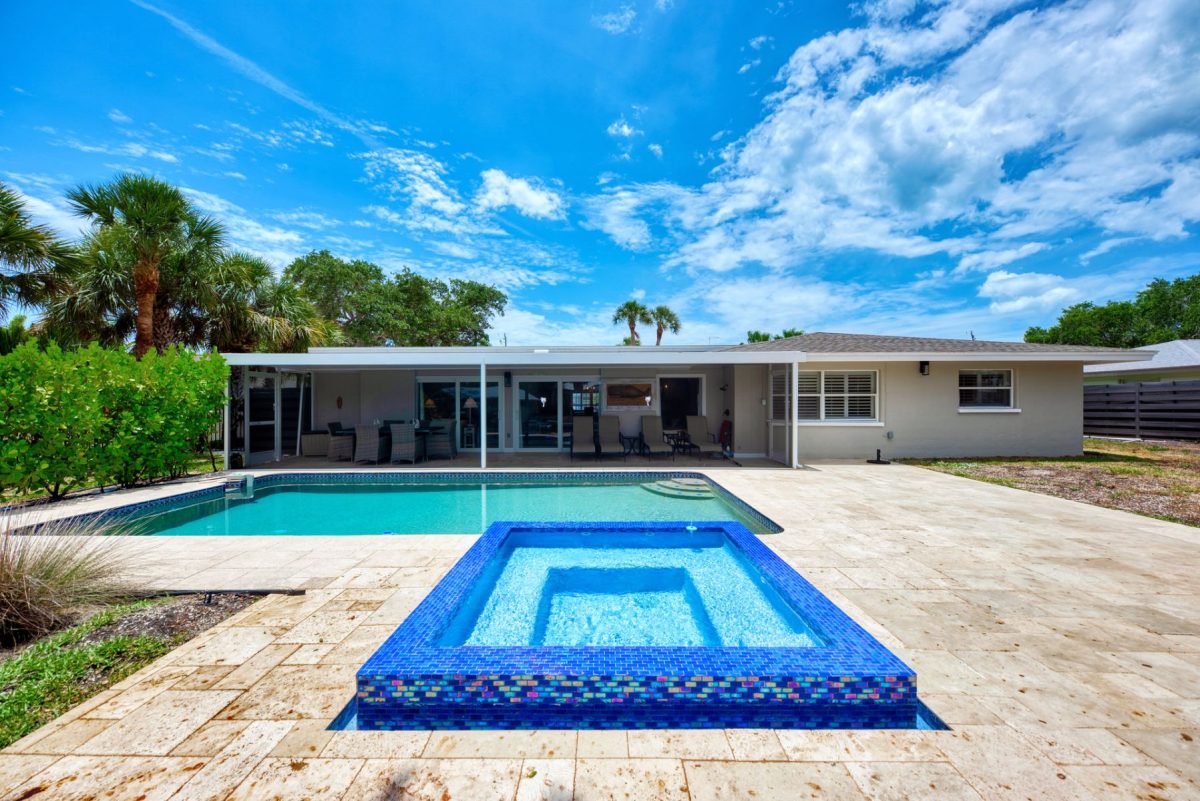
Vacation and Annual Rentals
Purchasing a vacation home is like purchasing your primary residence. There are, however, some key differences that must be identified prior to making the purchase. Single-family homes, condominiums, villas, and townhomes all make good income-producing properties depending on the location.
Working with a local Realtor who has extensive experience with investment properties is critical as there are different financial and personal variables that affect the decision. For example, if the buyer is looking for a vacation home to use and then offset expenses by renting the property when not using it, that scenario is completely different from a buyer that is investing to use it as an annual rental with a long-term goal of selling or retiring to the home.
The Realtor must know the local government and applicable homeowner association’s rules and regulations to understand potential barriers to producing income. It is also important to understand the investor’s needs from a financial and personal standpoint to create a proforma that projects potential income and expenses and assists with selecting the property best meets their goals. To accomplish this, the Realtor must have a thorough understanding of real estate market rental trends and rates to properly estimate income. Projected expenses such as mortgage payments, costs of repair, insurance costs, taxes, etc. will complete the proforma and provide the projected profit or loss used to make the financial decision. Once the investment property is purchased, a full-service property management company is needed to manage your investment for you. You can find the services Ascendia Property Management provides here.
1031 Exchange
A 1031 Exchange is defined under section 1031 of the IRS Code. The code allows an investor to defer paying capital gains taxes on an investment property when it is sold, if another “like-kind property” is purchased with the profit gained by the sale of the first property. Basically, you are swapping one property for another.
The code does not hold you to one property. In the event your rental property has increased in value over the years, you can exchange one property for two or more of like-kind properties. It all depends on the amount of money you are exchanging.
Most used is the Delayed Exchange. This is when you place your investment property on the market for sale. Once a buyer is secure with an executed sales contract the delayed exchange can be initiated.

The first step is to hire a third-party Exchange Intermediary to initiate the sale of the relinquished property and hold the proceeds from the sale in a binding trust for up to 180 days (about 6 months) while you acquire a like-kind property.
You will have a maximum of 45 days (about 1 and a half months) to identify the replacement property and 180 days (about 6 months) to complete the sale of your property.
One thing to remember is the term “Like-Kind” is a broad term. For example, you can exchange an apartment building for a duplex or exchange a single-family rental property for a commercial office building. You can even exchange an annual or vacation rental for a restaurant. If you have any questions, please contact Ascendia Group here.


